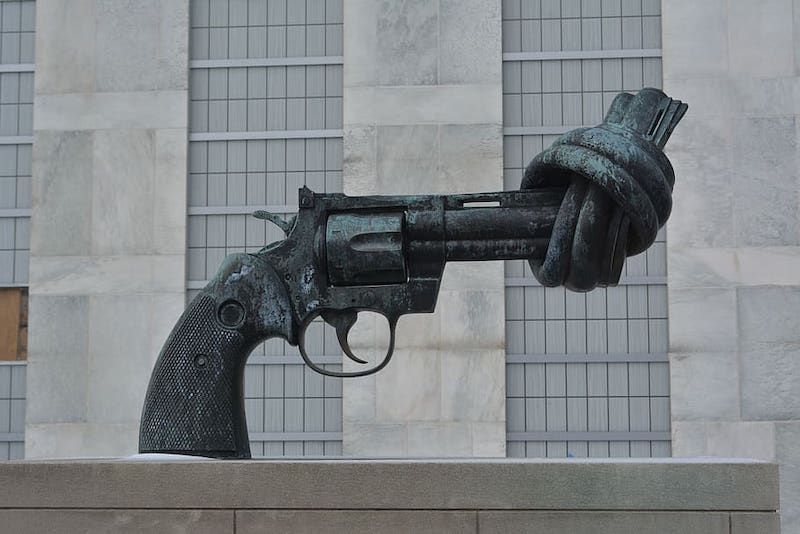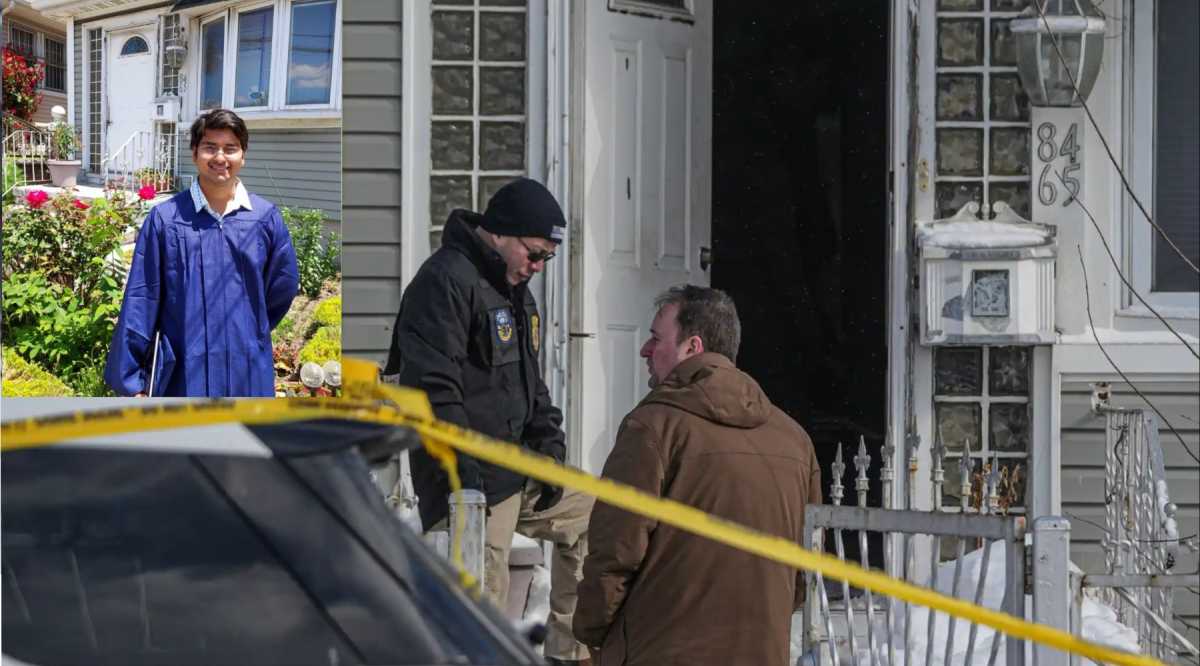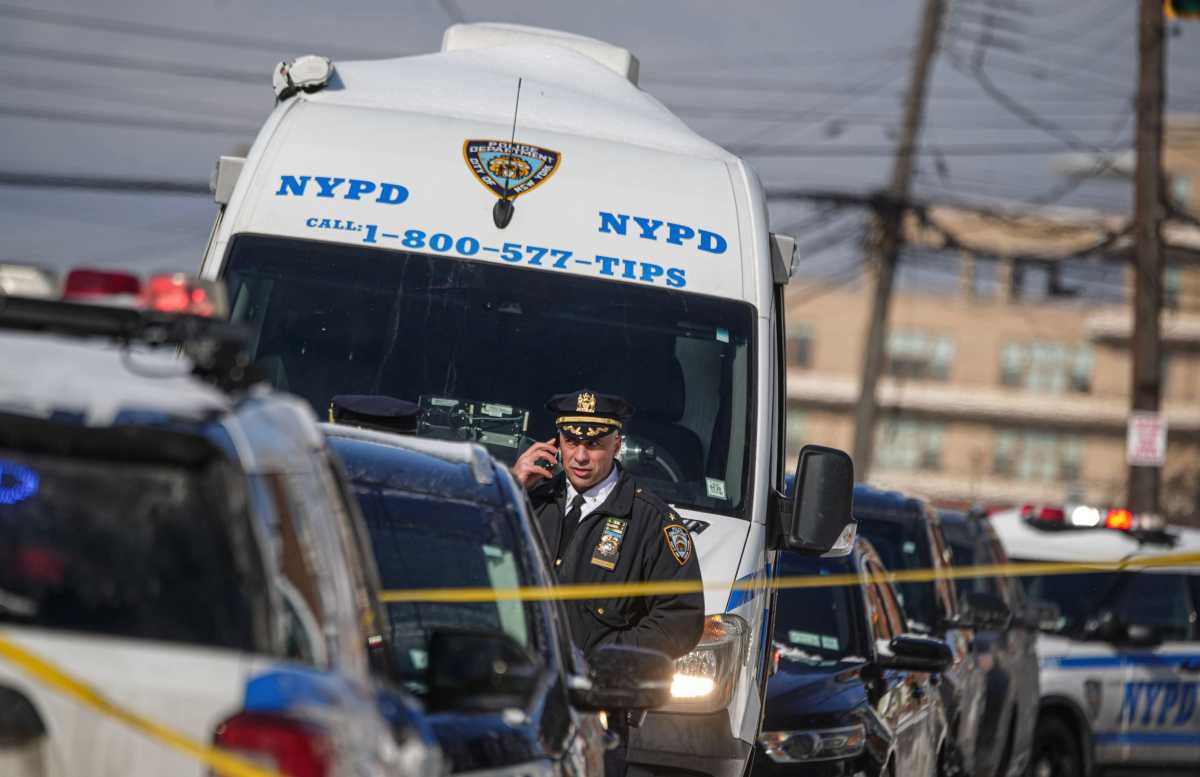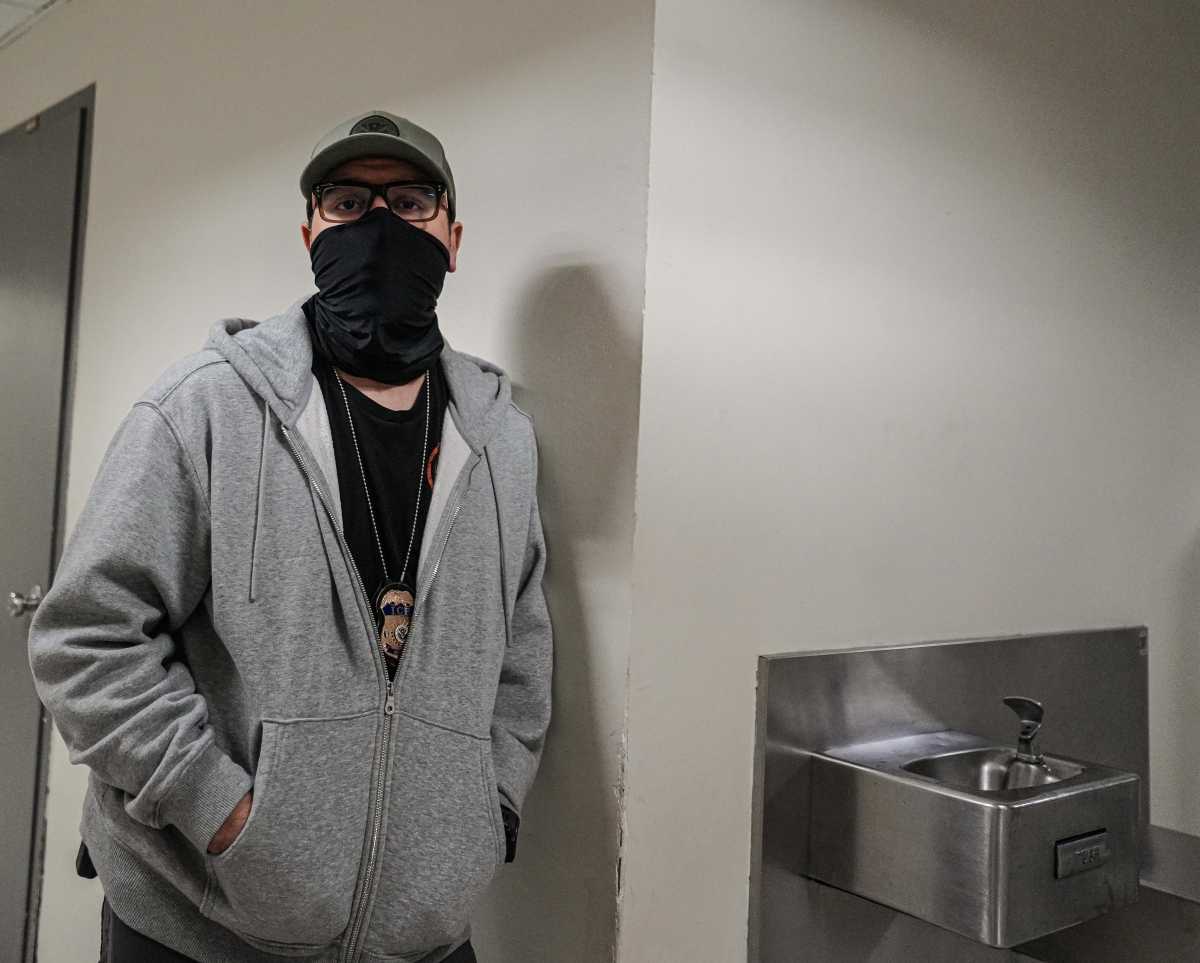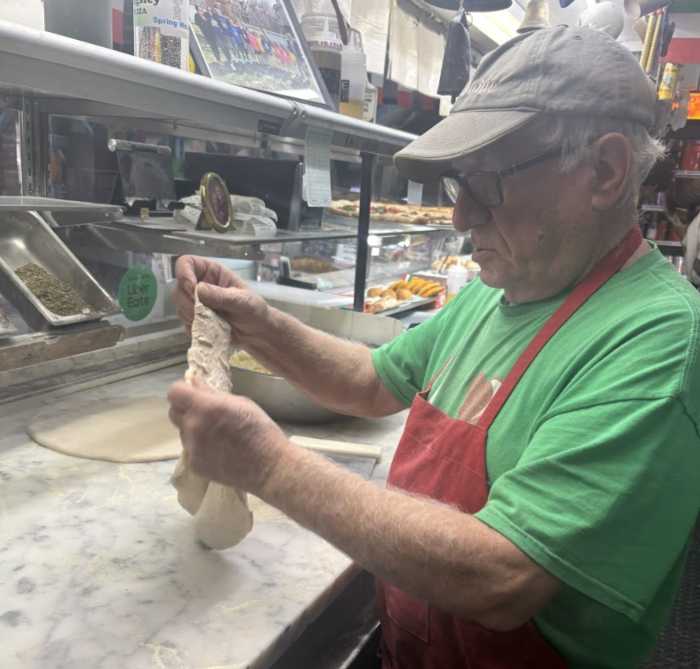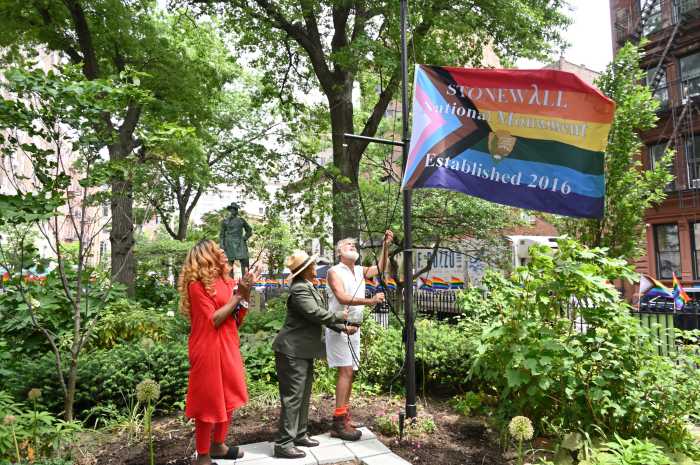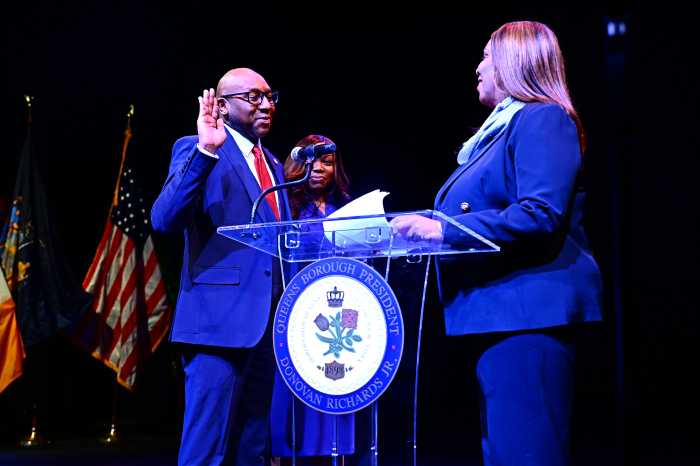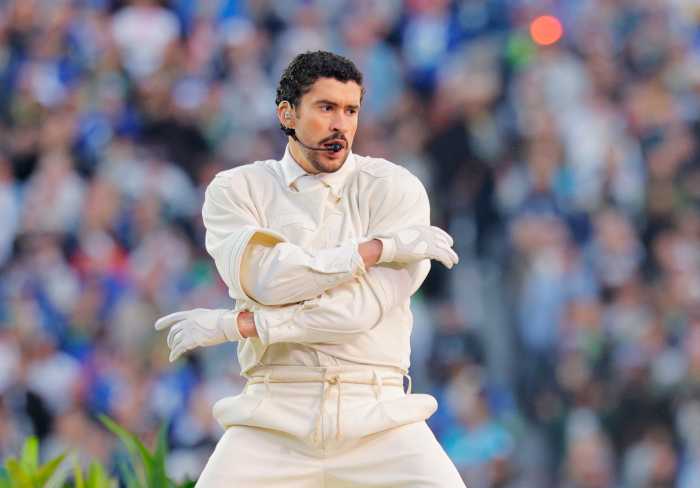With a spike in gun violence over the last 10 days in Bedford-Stuyvesant, local elected and police officials huddled with over 150 community members in an emergency virtual town hall last night to address the situation.
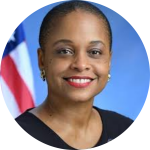
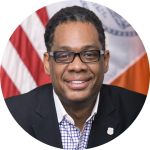
Assemblymember Tremaine Wright (D-Bedford-Stuyvesant, Northern Crown Heights), Councilmember Robert E. Cornegy (D-Bedford Stuyvesant, Northern Crown Heights), and Community Board 3 District Manager Henry Butler called for the meeting with 81st Police Precinct Commanding Officer Deputy Inspector William ‘Billy’ E. Glynn.
Utilizing tools from the COVID-19 crisis, civilians and elected officials disseminated information about the shootings and were also allowed to ask questions in real-time of the recently promoted deputy inspector via phone or internet during the meeting.
The town hall seemed especially helpful since usual precinct council meetings have been nonexistent as of late due to the COVID-19 crisis and chronic protests against systemic racism throughout the city.
Wright said she hopes that this will be an example of how the community and police can quickly come together to address issues.
According to public information, at about 10:40 p.m., June 8, two men were wounded in a shooting on Bainbridge Street near Malcolm X Boulevard. No arrests have been made and the investigation is ongoing.
Then on June 15, police officers on patrol arrived at that same corner, at about 6:20 pm, to find a gunman opening fire at two men. Cops nabbed the alleged shooter, Alex Bovell Proffitt, 17, and a weapon recovered. He was charged with attempted murder, assault, reckless endangerment and criminal possession of a firearm. In that shooting, a 30-year-old male was shot in the chest and a 38-year-old male was shot in the back.
Both Cornegy and Glynn confirmed that that particular corner has been a hotspot for criminal activity and violence in the past. Overall, the neighborhood ranks 4th highest in crime rates in the city.
“We will get through this,” said Glynn, not only about the current shootings but the series of social outrage against brutal police and health crises that have impacted the city. “I’m relying on the community because you guys already know what the problems are.”
When asked, Glynn said that the 81st precinct is incredibly diverse but that officers do not receive assignments to areas based on race, just their perceived ability to handle a situation. Bed-Stuy’s neighborhood is surveyed as being 51.1 percent Black, 19.3 percent Hispanic, and 19.9 percent foreign-born.
Glynn said there was an obvious dip in crime because of the COVID-19 shelter-in-place orders. Compared to last year, there have been small jumps in grand larceny auto theft, burglaries, shooting incidents and victims. However, looking at crime statistics, the 81st precinct had been steadily trending down with an 83.3 percent drop in murders and a decrease in crime overall in the last 18 years.
The notorious nightly illegal firework displays that have been cropping up all over the city have residents theorizing they are actually masking gunshots, said Glynn.
Glynn said he plans to request more light towers at the junction and help the elected officials set up a meeting with the Fulton Housing development owners as well.
Glynn also said in the works is a collaboration with the Man Up organization and possibly other ceasefire programs, but for now, Neighborhood Coordinator Officers (NCOs) have been in the community interacting with the neighborhood to work on the issue proactively with residents.
At least one member of the public suggested civilian patrols in addition to police car patrols as a solution.
Richard Flateau of Flateau Realty Corp said that the shootings were just in his backyard, and recalled how close he was to the incidents. Flateau said he’d be happy to personally help in any way he could.
The idea of civilian patrols has happened in the past to protect bystanders from gun violence in the area, but both Cornegy and Butler encouraged people to work through the community board or elected officials before taking to the streets if that was an avenue people wanted to pursue.
The conversation turned to the unavoidable issue of funding for the police department as well as important violence interrupter programs, like Man Up and Save Our Streets (S.O.S.).
Cornegy confirmed that in budget talks the NCO program, introduced in 2015 to specifically build relationships with the community, could be cut.
“There’s already an $11 billion dollar deficit,” said Cornegy about the budget cuts happening to all city departments. He said that he believes in “reimagining” the police because reforms are needed, but there has to be a way to do it while also maintaining respect and support for cops.


